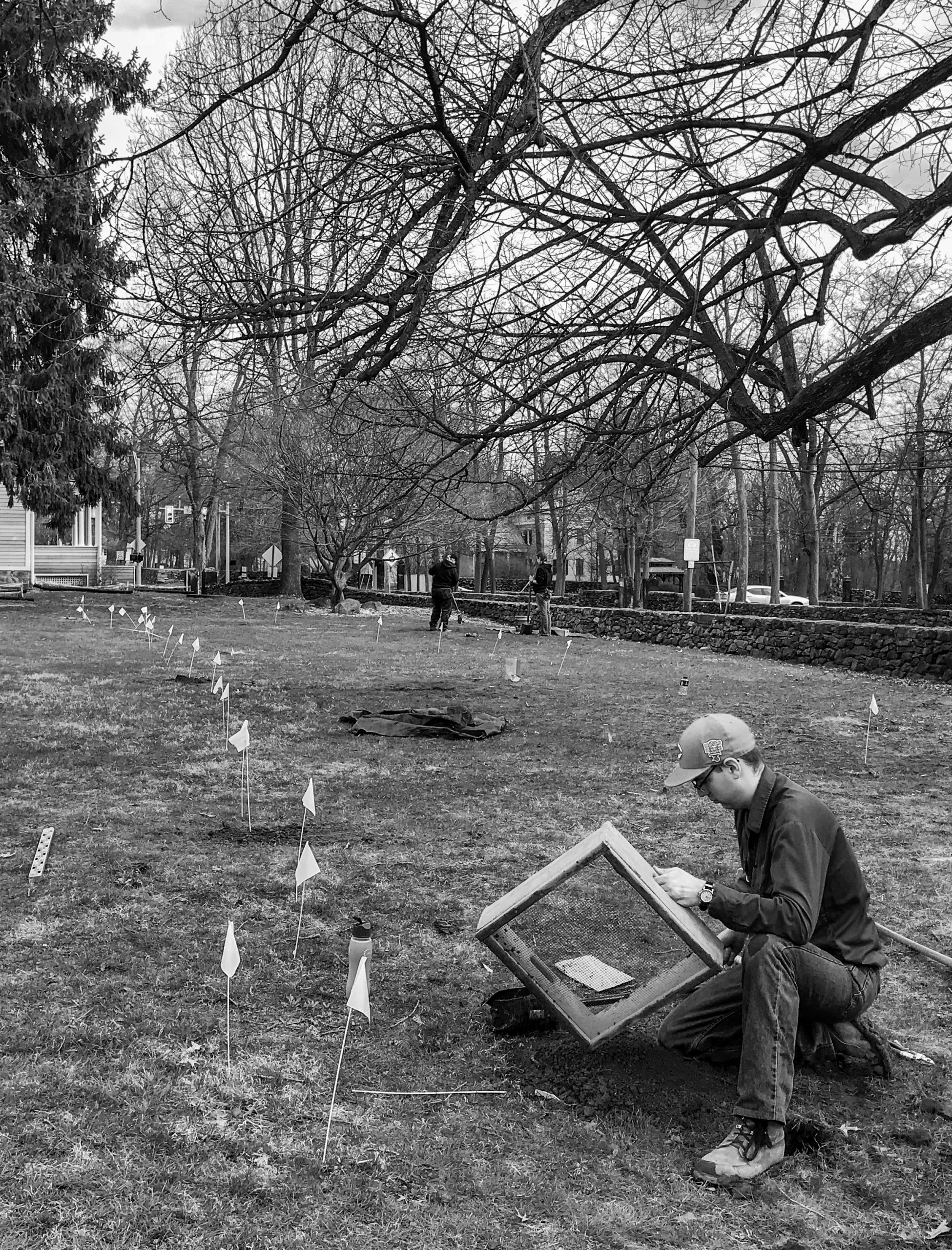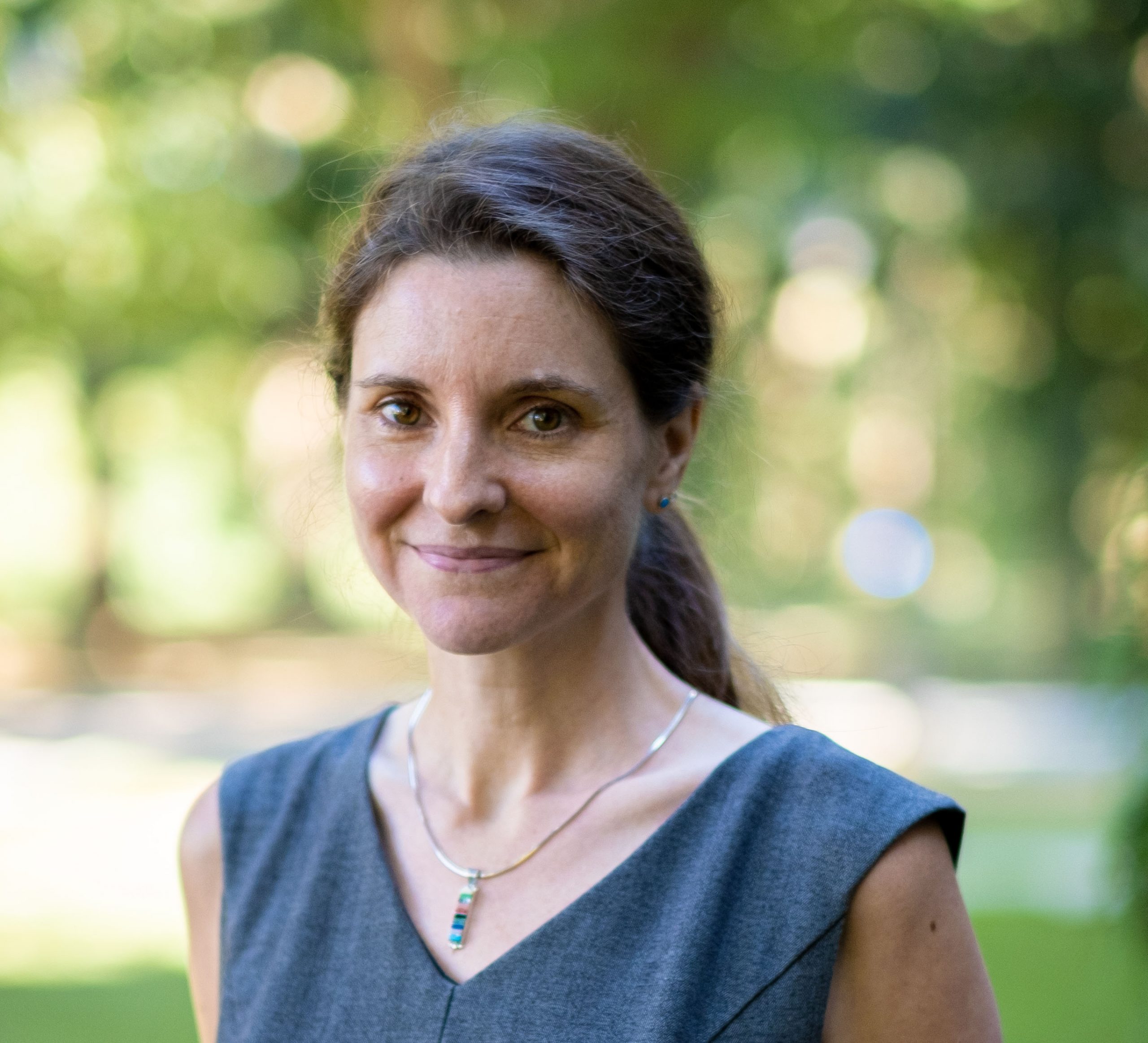Reconsidering Akron’s Historic John Brown House: New Evidence from Geophysical Surveys and Archaeological Excavations
Mary Schiller Myers School of Art -Folk Hall Auditorium, University of Akron 150 E Exchange St, Akron, OH, United StatesThe historic John Brown House in Akron, Ohio was built in 1830 and was originally occupied by one of Akron’s wealthiest residents, Gen. Simon Perkins. In 1844, the house was rented to John Brown and his family who were moving to Akron to form a business partnership in the wool trade. This partnership was to […]

